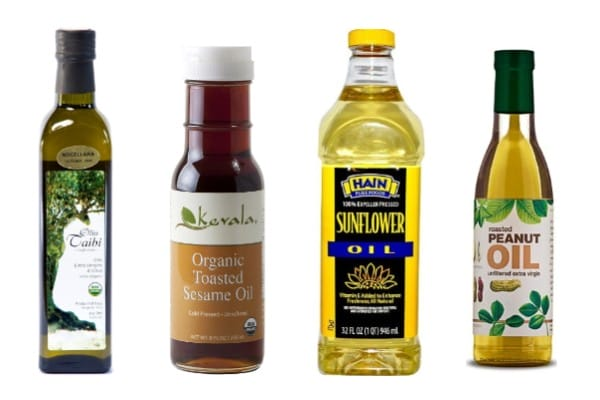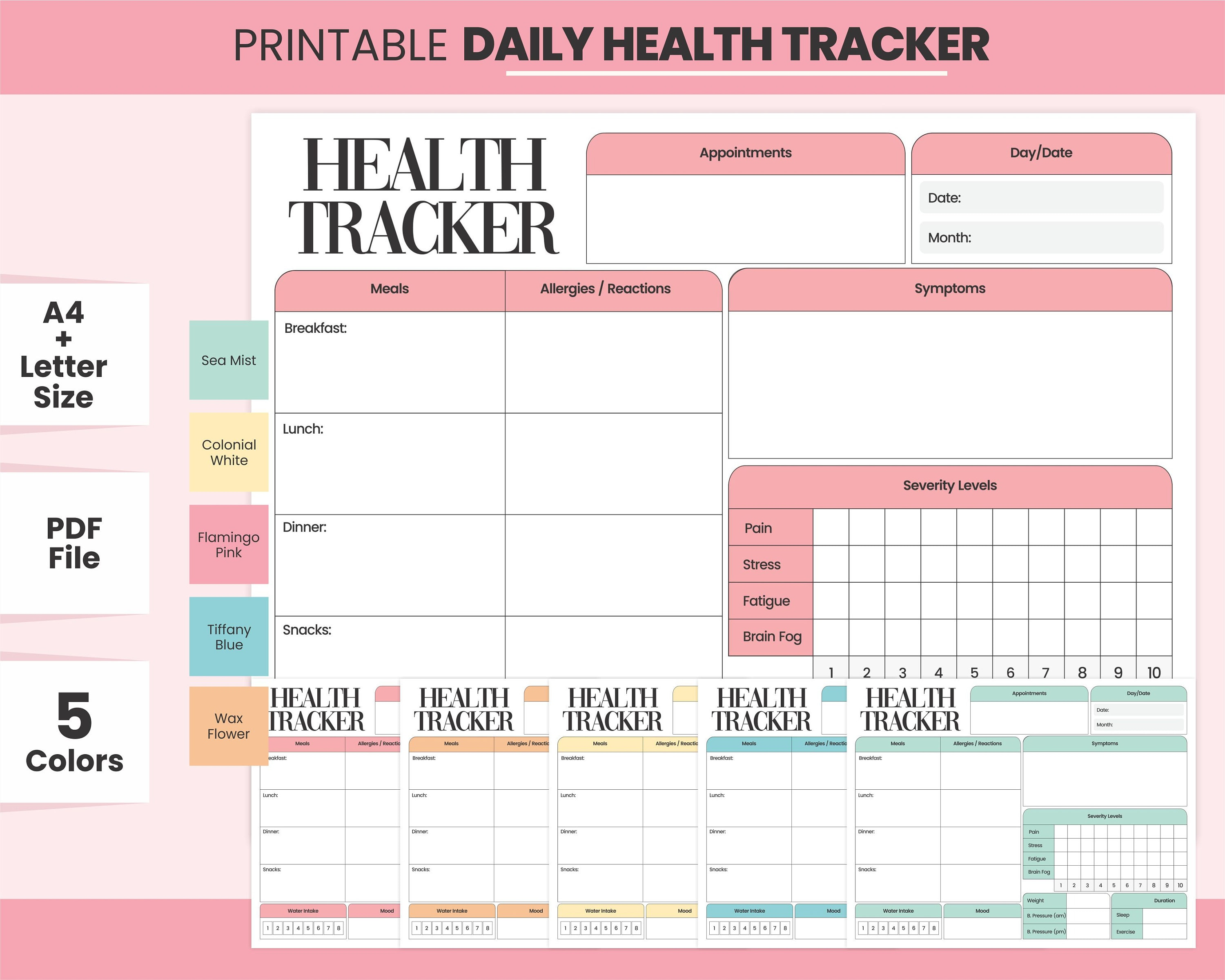
Plant-Based Oils: Swap Butter for Longer Life Benefits
Plant-based oils have emerged as a powerful ally in the quest for a healthier lifestyle, demonstrating significant health benefits that could extend your longevity. A groundbreaking study posits that replacing butter with plant-based oils can lower the risk of premature death by an astounding 17 percent. This revelation not only highlights the importance of dietary fat swap but also emphasizes the remarkable effects of oils like olive, soybean, and canola. Incorporating these oils offers a savory route to safeguard against chronic diseases and might just be the key to adopting a lower mortality diet. As the conversation around the health benefits of oils gains momentum, it’s clear that integrating plant-based oils into daily cooking is a proactive step towards improved well-being.
In recent years, the transition from traditional fats like butter to alternative cooking oils has gained traction among health enthusiasts. Plant-derived oils, which are rich in unsaturated fats, present a beneficial option for those aiming to enhance their diets. By opting for these healthier oils in place of butter, individuals not only experience a dietary fat swap but also participate in a lifestyle choice that supports longevity and overall health. Furthermore, the rise in popularity of plant oils is backed by numerous studies underscoring their role in reducing mortality risks associated with various illnesses. As more people become cognizant of the health advantages offered by these oils, the shift towards a plant-based culinary approach seems increasingly promising.
The Impact of Plant-Based Oils on Longevity
Recent research shows that incorporating plant-based oils into your diet can lead to a significant decrease in the risk of premature death. A study conducted by Mass General Brigham and Harvard T.H. Chan School of Public Health found that substituting butter for oils like soybean and olive oil might lower mortality rates by 17%. This finding implicates not only general health benefits but also the potential for improved longevity. The study analyzed data from over 200,000 participants, emphasizing the importance of dietary fat sources on overall health outcomes.
The oils studied, especially those rich in unsaturated fats, have been associated with lower mortality from conditions like heart disease and cancer. While butter, high in saturated fats, presents various health risks, plant-based oils provide essential fatty acids that promote better health. By shifting to a lower mortality diet, not only can individuals potentially extend their lifespan, but they can also enhance their quality of life, making this dietary change a vital public health consideration.
Health Benefits of Replacing Butter with Oil
Replacing butter with plant-based oils yields multiple health benefits, particularly concerning cardiovascular health. Butter is heavily saturated with fatty acids, leading to increased cholesterol levels and heightened risk of heart disease. Conversely, oils such as olive and canola contain beneficial unsaturated fats that support heart health and reduce inflammation. The move towards a dietary fat swap can significantly contribute to lowering mortality rates associated with chronic illnesses.
Moreover, the study suggests that even a modest reduction in butter intake, coupled with a rise in plant oil consumption, can promote long-term health benefits. Health experts, including Daniel Wang from the Brigham and Women’s Hospital, advocate for this simple yet effective dietary change. Not only does replacing butter with oils contribute to better heart health, but it also may fortify the body against various diseases, allowing for a healthier lifestyle.
Understanding the Dietary Fat Swap for Better Health
Understanding how to effectively swap dietary fats is vital for improving overall health outcomes. The concept involves replacing high-saturated fat sources, such as butter, with healthier options like plant-based oils. This dietary fat swap can alter the way your body processes fats, encouraging it to utilize healthier options that can aid in longevity and reduce disease risk. Initiating this swap could lead to significant public health benefits.
Implementing this dietary change requires mindful selection of oils. Regular use of oils like olive, canola, and even avocado can replace butter in cooking and baking, providing a wealth of health benefits. As individuals begin this transition, they may notice improvements in their overall health metrics, including lower cholesterol levels and reduced inflammation. This shift towards plant-based oils is not just a dietary recommendation; it represents a strategic approach to enhancing long-term health and wellness.
Plant Oils and Cancer Prevention
Research linking plant-based oils to cancer prevention highlights the crucial role these fats play in modern diets. As cancer rates continue to rise, dietary patterns that incorporate unsaturated fats from plant oils can become essential in preventive health strategies. The study’s findings suggest that individuals who consume higher amounts of plant oils experience significantly lower cancer mortality rates compared to those who rely on butter.
The beneficial compounds found in plant oils, such as antioxidants and anti-inflammatory properties, work at a cellular level to combat the formation of cancer cells. Swapping butter for oils like olive oil not only enhances the flavor of meals but also fortifies the body’s defenses against cancer. This dietary intervention is particularly important for those looking to lower their overall cancer risk, making the inclusion of plant-based oils an important focus in nutritional discussions.
The Role of Dietary Fats in a Healthier Future
The future of nutrition lies significantly in our understanding of dietary fats and their impact on our health. The clear advantages presented by the latest research underline the necessity of re-evaluating traditional fat sources in our diets. With studies showing a strong correlation between high butter consumption and increased mortality, promoting strong dietary guidelines that emphasize plant-based oils could foster a healthier population overall.
As more people become aware of the benefits of incorporating oils like soybean and olive into their daily diet, we may see a cultural shift towards healthier eating habits. Education and awareness surrounding the health benefits of oils compared to dairy fats could empower individuals to make better choices that promote longevity and reduce disease risk. By embracing these changes, we can pave the way toward a healthier future.
The Connection between Fats and Overall Health
Understanding the connection between types of dietary fats and overall health is essential for making informed choices. Saturated fats found in butter have been shown to negatively affect health, leading to increased risks of cardiovascular diseases. In stark contrast, plant-based oils, which are predominantly unsaturated, play a protective role in maintaining heart health and lowering cholesterol levels.
Shifting focus onto healthier fat sources allows individuals to create balanced diets that not only prevent disease but also support overall well-being. The health implications of modifying fat intake are profound, and opting for oils over butter can enhance dietary plans aimed at both improving health outcomes and promoting long-term wellness.
Exploring the Health Benefits of Olive and Canola Oil
Among the various plant-based oils, olive and canola oil stand out for their remarkable health benefits. These oils are rich in monounsaturated fats and are widely recognized for their role in reducing the risk of heart disease and stroke. The antioxidants found in these oils further enhance their health-promoting properties, contributing to a diet that supports longevity and overall health.
Including olive and canola oil in daily meals can lead to significant health improvements, particularly in reducing inflammation and oxidative stress, which are associated with various chronic illnesses. This makes them excellent alternatives to butter, allowing for both culinary versatility and nutritional richness, thereby setting the foundation for better health outcomes.
Health Strategy: Oil Quality Matters
When it comes to dietary fat, not all oils are created equal. The quality of plant-based oils plays a crucial role in their health benefits. Unrefined oils, such as extra virgin olive oil and cold-pressed canola oil, retain more nutrients and beneficial compounds compared to their refined counterparts. This difference highlights the importance of choosing high-quality oils to maximize health outcomes.
Individuals looking to enhance their overall health should prioritize investing in quality plant oils. This attention to oil quality not only optimizes nutritional intake but can also lead to greater satisfaction in dietary choices. By adopting a strategy that focuses on superior oil products, individuals can foster healthier eating patterns that support longevity and reduce disease risk.
The Importance of a Balanced Diet with Healthy Fats
Incorporating healthy fats into a balanced diet is vital for comprehensive nutritional health. The findings from the recent study underline the advantages of including plant-based oils while reducing saturated fat intake from butter. Such dietary adjustments can create a more sustainable and health-oriented eating pattern, contributing to long-term health and wellness.
Beyond simply swapping one fat for another, adopting a balanced diet enriched with plant oils encourages a lifestyle that promotes overall health benefits. Emphasizing a variety of healthy fats can support cellular function, improve brain health, and enhance mood. This holistic approach to nutrition may ultimately lead to a greater quality of life and increased longevity.
Frequently Asked Questions
What are the health benefits of using plant-based oils instead of butter?
Research shows that incorporating plant-based oils, such as soybean, canola, and olive oil, can significantly reduce the risk of premature death—by up to 17%—compared to using butter. These oils are rich in unsaturated fatty acids that promote heart health, lower mortality from cancer, and reduce overall death rates.
How can I replace butter with plant-based oils in my cooking?
You can easily swap butter with plant-based oils in various recipes. For instance, use olive oil for sautéing vegetables, canola oil for baking, or blend oils into dressings. Small changes in your daily cooking can lead to substantial health improvements over time.
What role do plant oils play in a lower mortality diet?
A lower mortality diet emphasizes the intake of plant-based oils, as these fats are associated with better health outcomes. Increasing the use of oils like olive and soybean while reducing butter consumption can lead to a healthier diet that lowers the risk of chronic diseases and extends lifespan.
Are plant oils linked with increased longevity?
Yes, plant oils are linked with longevity. Studies indicate that higher consumption of plant-based oils correlates with a lower risk of various diseases, including cardiovascular conditions and cancer, contributing to a longer, healthier life.
How does the dietary fat swap impact health?
Swapping saturated fats from butter with healthier plant-based oils can lead to significant long-term health benefits. This simple dietary change is strongly associated with a decrease in total mortality, highlighting the importance of dietary fat sources in our overall health.
What types of plant-based oils are considered the healthiest?
The healthiest plant-based oils include olive oil, canola oil, and soybean oil. These oils are high in unsaturated fats and have been shown to provide protective effects against chronic diseases, making them excellent substitutes for butter.
How does consuming plant oils affect heart health?
Consuming plant-based oils is beneficial for heart health because they contain higher levels of unsaturated fats, which can lower cholesterol levels and decrease the risk of heart diseases compared to saturated fats found in butter.
| Key Findings | Details |
|---|---|
| Dietary Swap Benefits | Replacing butter with plant-based oils can lower the risk of premature death by 17%. |
| Study Background | Conducted by Mass General Brigham and Harvard, analyzing data from 221,054 participants over 30 years. |
| Types of Oils | Soybean, canola, and olive oil are noted for their health benefits compared to butter. |
| Health Risks of Butter | Higher butter consumption is linked to increased mortality from cancer and cardiovascular diseases. |
| Recommendation | Incorporating even small amounts of plant-based oils into your diet can lead to significant health benefits. |
Summary
Plant-based oils are crucial for promoting longevity and reducing the risk of premature death. A recent study has strongly highlighted how substituting these oils for butter in our daily diets can have substantial health benefits. By focusing on healthier fats such as soybean, canola, and olive oil, individuals can not only reduce their risk of life-threatening conditions but also improve their overall health outcomes. This shift is especially important as it provides an accessible strategy that many can adopt easily for improved well-being.


